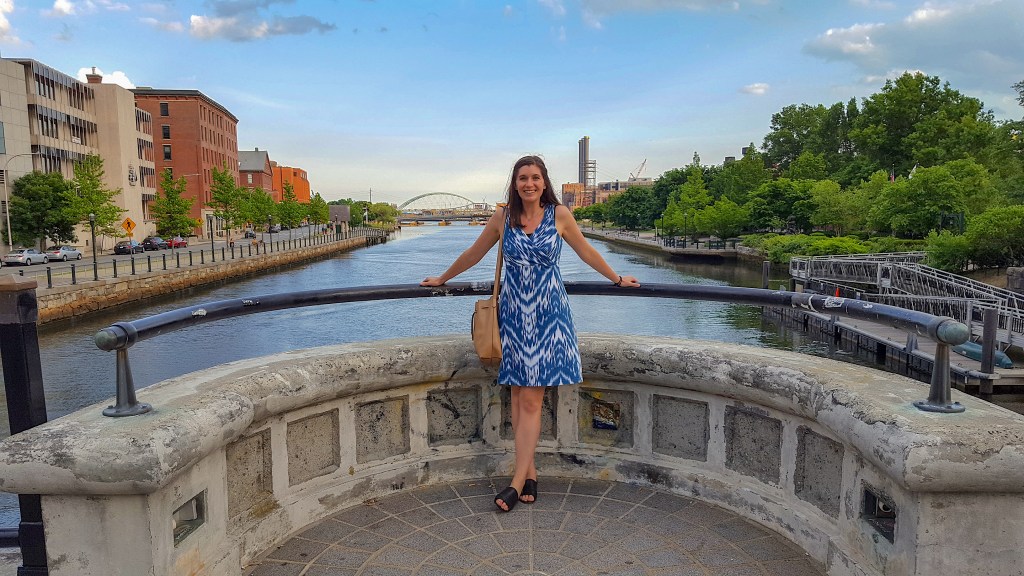Tag: history
-

Recent work, 2020 edition
It’s been a while — five years, to be exact — since I took time to reflect on some of my favorite recent stories. I don’t often get a chance to look back on past work. As a full-time writer at Brown University, I’m always juggling a few stories each week. Most often, I’m immersed…
-
The new and improved AP test
A New York Times article today reminded me of a time when the AP was more than a national news wire service to me. The advanced placement test was one of the greatest banes of my high school existence, second only to the college application process. From what I remember, the entire experience, which I…